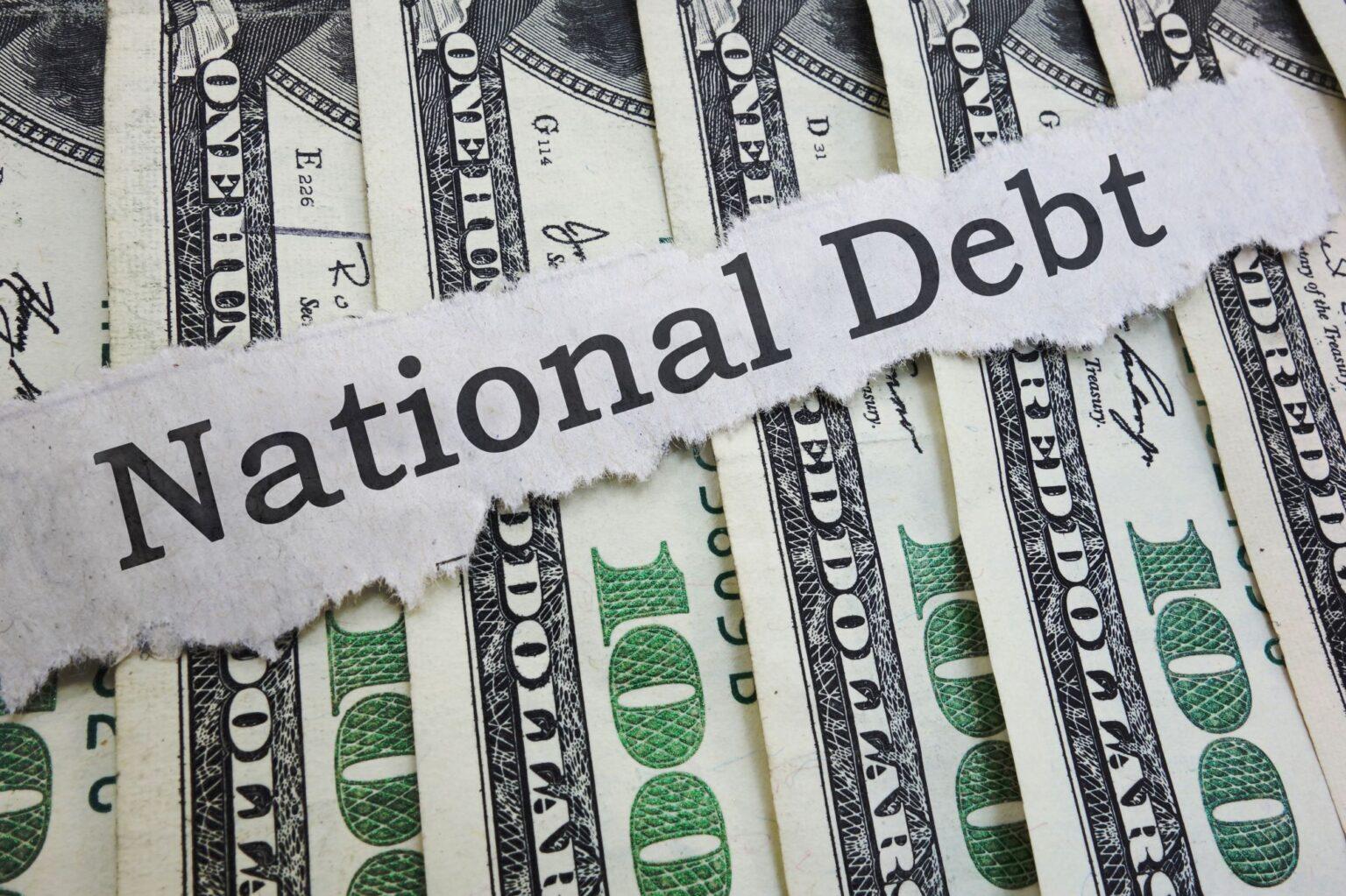This website is strictly for educational purposes and is not intended to provide specific legal, financial, or tax advice. Phil Cannella and Joann Small are licensed professionals in the insurance industry. Crash Proof Retirement, LLC. does not recommend or sell securities to anyone at any time. Any interviews conducted by Retirement Media, Inc ®. published on this website are not to be considered endorsements. Crash Proof Retirement, Crash Proof Retirement Show, and Retirement Media, Inc. ®, and all related uses, are federally trademarked with the United States Patent and Trademark Office. Any company or individual found violating these federal trademarks will be vigorously pursued through all available legal avenues and penalized to the fullest extent of the law. © 2024 Crash Proof Retirement, All Rights Reserved.

Congress Averts a Debt Ceiling Crisis But Your Retirement Future Remains Uncertain
- June 8, 2023
- Phil Cannella
- Blog
- 0 Comments
After months of negotiations, Congress finally came to an agreement that will raise the United States borrowing limit and fully fund the government through January 2025. Although markets reacted positively when President Joe Biden signed the final agreement on June 3, 2023, analysts have pointed out a number of concerns that could come as a result of the bill’s passage. If you are in or near retirement, the fallout from this last-minute debt ceiling agreement could have major implications for your financial future. Here are some things to look out for, and some ideas about how you can protect your nest egg from a potentially volatile stock market.
What’s in the Debt Ceiling Agreement?
The budget agreement reached by members of Congress suspends the current $31.4 trillion borrowing limit until January 2025, at which point a new agreement will need to be reached. Until then, the U.S. Department of the Treasury is free to borrow as much money as it needs to keep the government and its programs running.
The finalized bill cuts a range of non-defense discretionary spending to various programs, including $80 billion in budget cuts for the IRS and rescinding $30 billion in unspent COVID-19 relief funds. The bill also enacts new work requirements for federal aid programs that are intended to save money on the Supplemental Nutrition Assistance Program. While drastic spending cuts are a good way to reduce the deficit, some experts are warning that now might not be the best time to slash the budget.
Jefferies Financial Group Senior Economist Thomas Simmons wrote, “A debt ceiling deal is going to result in a fiscal contraction… Just like the debt ceiling debacle [in 2011,] we may end up with fiscal austerity at a very unfortunate time, just as the economy is heading into a recession.”
Potential Economic Issues Ahead
The debt ceiling debacle Simmons refers to occurred in 2011, when Congress reached another last-minute agreement to fund the government. Back then, the eleventh-hour agreement led debt rating agencies, including S&P Global Ratings, to downgrade the U.S. from its top credit rating. After the latest debt ceiling bill, Fitch put the U.S. on credit watch, and DBRS Morningstar put the United States’ credit rating under review. If the nation’s credit rating were to be downgraded again, it would lead to a decline in the stock market, just as it did in the summer of 2011.
The debt ceiling deal could also have a major effect on the government bond market, which is closely related to the health of the stock market as well as the global economy. Stocks and bonds are known to compete for capital, so when bond yields rise, the stock market generally heads in the opposite direction.
The U.S. Treasury’s general fund was depleted to the tune of $500 billion as it scrambled to fund government operations while the current agreement was being negotiated. They are expected to recoup this money by issuing hundreds of billions in bonds. The bonds issued will likely be offered with high interest rates, making them more attractive to investors than securities, which have the potential for a lower return on investment. As investors scoop up these newly-issued bonds, it could lead to declines in stock market indices around the world.
Damien Boey, a macroeconomic strategist at Australian financial firm Barrenjoey has warned that, although Congress may have averted a major crisis by raising the debt ceiling, the consequences of that deal could be disastrous for the economic future.
“I think you will find that interest rate volatility will rise,” he told Reuters.
Rising interest rates have already hampered the economy over the past two years, and although the United States has managed to avoid a recession – at least, by the strict definition – in the post-COVID-19 recovery, any further interest rate increases could severely limit the buying power of U.S. consumers and lead to major stock market declines.
Protecting Your Nest Egg from Stock Market Volatility
Now that you know how the latest debt ceiling deal could have a negative impact on the economy, the next step is learning how to protect your retirement savings from being lost during a stock market downturn.
The Proprietary Crash Proof Retirement System utilizes financial vehicles that are proven not to lose a penny when the stock market crashes, and they also credit interest at rates similar to risky securities-based investments like stocks, bonds, and mutual funds. If you want to know more about how the Crash Proof Retirement System works, call 1-800-722-9728 to schedule your free financial checkup, or follow this link to sign up for one of our retirement events in Montgomery County, PA and surrounding communities. There, you can speak with members of the Crash Proof Retirement team and view a groundbreaking documentary film, “The Baby Boomer Dilemma.” From award-winning filmmaker Doug Orchard, this movie clearly explains the dangers of the securities industry and the safe alternative available. Seats are limited and filling up fast, so you must register to reserve your seat!


Leave a Reply
You must be logged in to post a comment.